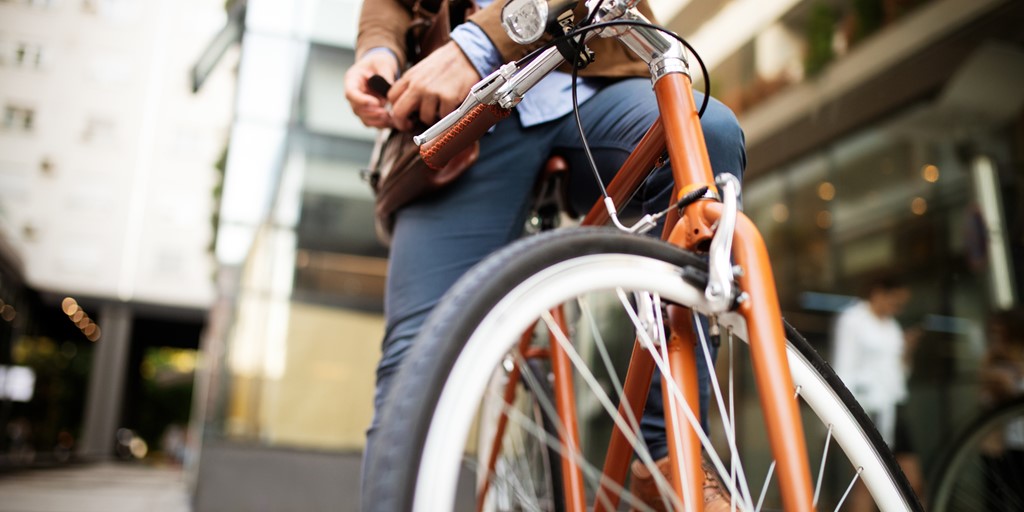

So you’ve decided you want to start cycling to work — that’s great news — but what are you going to use to do this? Most people who start cycle commuting tend to ride whatever bike they have lying about in their shed or garage. That’s fine to get a first sensation of the wind in your hair, but it might well be an old, cheap and heavy machine. It might also not be in the best working order.
As we explained a few weeks ago, using the Bike 2 work scheme allows you to purchase anything up to a £1,000 bike via monthly salary sacrifice and saving on tax. However, you don’t need to spend anywhere near this much on a great commuting bike — £300 will get you a fine commuter, while £500 should be enough to buy a truly excellent option. Any modern bike worth more than about £250 will be light, efficient and incredibly reliable.
So what types of bikes are suitable for commuting? Actually, almost any type of bike could be perfect, depending on your own route to work. As always with bikes, make sure it fits you properly — so pop along to your local bike shop, talk through your needs and have a proper bike fitting. But here are your options:
Hybrid bikes
Hybrids feature mountain bike-style frames but roll on road bike (700c or 29in) wheels. For mainly asphalt, mixed or gentle off-road commutes, hybrids are ideal. They have flat handlebars, which many new riders find less scary than the drop handlebars found on road or racing bikes. These also allow you to have a nice, high position, so you enjoy a good view of the road. Big wheels help maintain momentum, and you can fit anything from slick tyres to moderately chunky rubber. Hybrids are relatively light but they also come with mounting points for a rear rack, should you want to fit pannier bags.
Mountain bikes
Mountain bikes aren’t the most efficient option for road commutes, but if you’re lucky enough to have an all off-road ride to work, they are a viable option. The new breed of mountain bikes which run on 27.5in or 29in wheels are surprisingly good on asphalt, and as with hybrids, you can fit tyres to suit your own personal route. They can be a little heavy, though.
Road bikes
Road bikes are meant for speed, but if your commute is entirely on the road and you don’t need to carry much to work, they are the most efficient option. Road drop handlebars might need a little getting used to, and limited clearance means you can’t fit much wide tyres. But the great benefit is they are very light and if you want to take your cycling further by participating in challenge rides or sportives, you’ll already have the perfect bike to do it. If you like drop bars but need a bit more grip from bigger tyres, consider a cyclo-cross bike.
Touring bikes
Designed for crossing countries or continents, touring bikes have drop handlebars like a road bike, grippy road tyres, and also feature very strong and comfortable frames with huge load-carrying capacity. For somebody who likes travelling at speed but who needs to take a lot of files to work, they are a perfect option.
Trekking bikes
Very popular in continental Europe, trekking bikes are ultra-utilitarian bikes and combine all the carrying ability of touring bikes with the ease of use of a hybrid, including the flat handlebars. A good trekking bike will come ready-fitted with dynamo lights, rear rack, mudguards, possibly even a frame lock. Because of this, they can be a little heavy, but they’re stable on the road and a very sensible option for the committed commuter.
Folding bikes
Excellent machines if space at home is tight or you use a train on any part of your commute. They’re not quite as efficient or comfortable as full-size bikes on a long ride, but modern folders are great little machines in their own right. They’ll even accept rear racks for carrying things as well.
Please note the information provided on this page should not be taken as advice and has been written as a matter of opinion. For more on insurance cover and policy wording, see our homepage.
